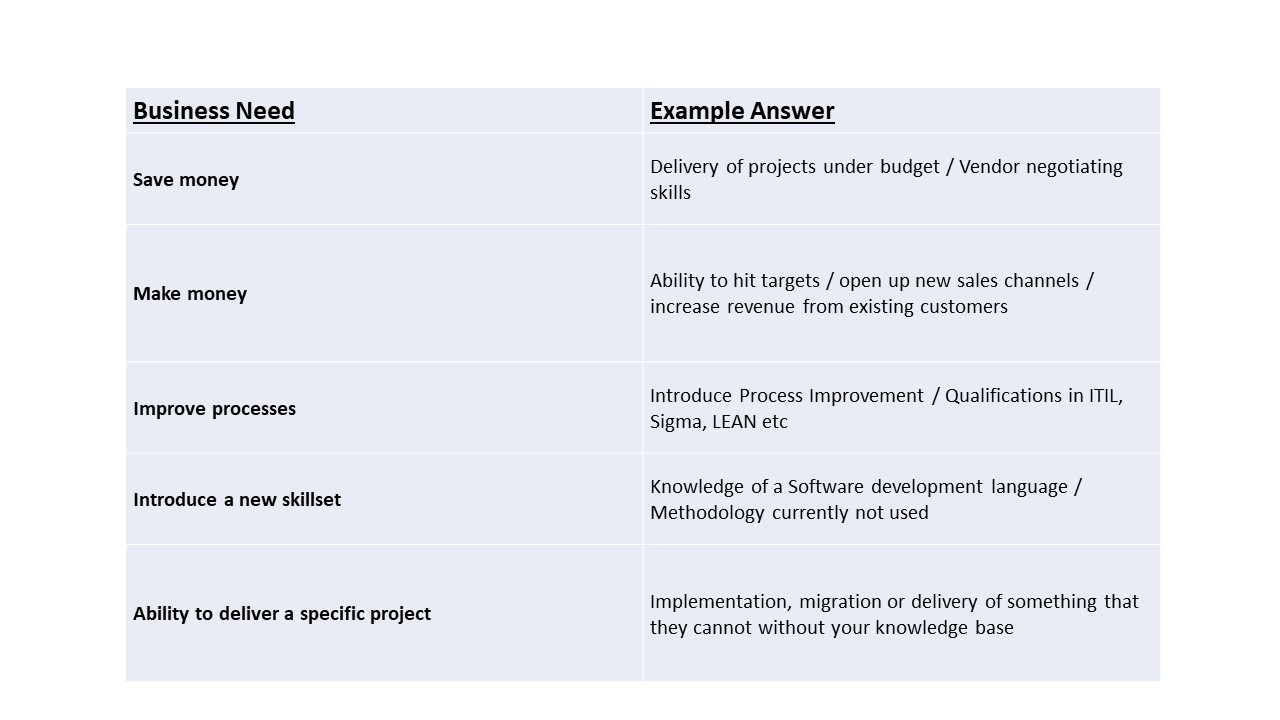You may have read another article we wrote on what buzzwords to avoid in your CV. So, you listened and now you’ve landed an interview. What next?
Well, one of the most commonly asked interview questions across the world is the classic “what are your strengths and weaknesses?” This is used for a number of reasons including seeing how a candidate perceives themselves and his/her ability to self-reflect. It is also a genuine way of getting an overall view of a candidate.
My issue with this question, or more specifically the answers to this question, are the generic clichés that the majority of candidates use. This is not limited to junior or graduate candidates. Senior managers and professionals often fall victim to these mundane and obvious answers.
In my experience, you should think strategically and prepare better answers. Use the interview to explain where you can add value and so are more successful in interviews. They receive offers more regularly.
The most frequent response I encounter is “I’m a team player, good communicator and a hard worker”. There is nothing wrong with those three things, but as an answer, it is generic and boring. You hear this so often that you as a candidate, will not stand out. Secondly, these strengths can be a given for the majority of jobs on the market. I sincerely hope that most people will try to be part of the team, are able to communicate with others and if you are coming to your job, you will work your hardest.
The interview process is used to identify the most capable and realistically the stand-out candidate for the job. In essence, you are competing against other people who have a similar background and experience to you. The answers you give should give the interviewer an insight why you can do the job. They tell the interviewer why they should pick you over the other people they are meeting for their opportunity.
Try keeping your answers specific to the job for which you are applying. For example, a salesperson applying for a role should focus on their ability to hit targets or an ability to build a rapport with customers and so on.
When joining a company there is a cost associated with your hire. I recommend when choosing strengths to focus on emphasising an area that will alleviate a concern/problem they have. You will have identified this in your company research/interview prep.
For example:

When asked this question I coach my candidates to begin their answer with;
This, I feel, will give you an advantage over other candidates and will demonstrate to your future employer why you are the best match for the job.
Personally, I am not a fan of the weakness question. I appreciate why it’s asked and why people put a value on it, however, I don’t find it gives me the insight into a candidate as it intended. No one will be completely open. I would bet any interviewer reading this never had a candidate detail their lack of punctuality, absenteeism, rudeness or inability to follow instructions in their interview. If I am wrong, I would love to hear your story.
Again, the clichés pop up here too. Among them sits the answer that is like nails on a chalkboard to me, “I am too much of a perfectionist”. I appreciate and respect any candidate who is honest, highlights an area that requires improvement and explains why they should still get the job, or how they are working on it.
For example, a candidate that wishes to work in an industry without prior experience, that demonstrates prior research, a drive to learn, identifies synergies in their experience or can simply explain why it won’t be a problem will impress me in an interview.
One of my favourite answers to this question was purely down to its uniqueness. The candidate took a moment, sat forward in their chair, leaned in and said “John… I have a real weakness for chocolate.” After a good giggle, they answered around their lack of knowledge on a specific CRM system but how they have a history of skilling up on IT systems quickly in previous roles. This tactic will not always go down well and depends on the tone of the interview but we are all people and showing some personality can go a long way in interviews.
Prepare your answers before an interview and when you say aloud your strengths and weaknesses, if it sounds cliché and cringey – it probably is.
Like the driving test, where you emphasise looking in the mirrors, putting on your belt etc for the driving instructor - do the same for your interviewer. Be ready to demonstrate why you are the right person for the job. Be prepared for success. Want more interview advice? Check out the RECRUITERS interview guide here.
By John Hannaway

John Hannaway is a former RECRUITERS consultant.
Weights photo by Victor Freitas on Unsplash